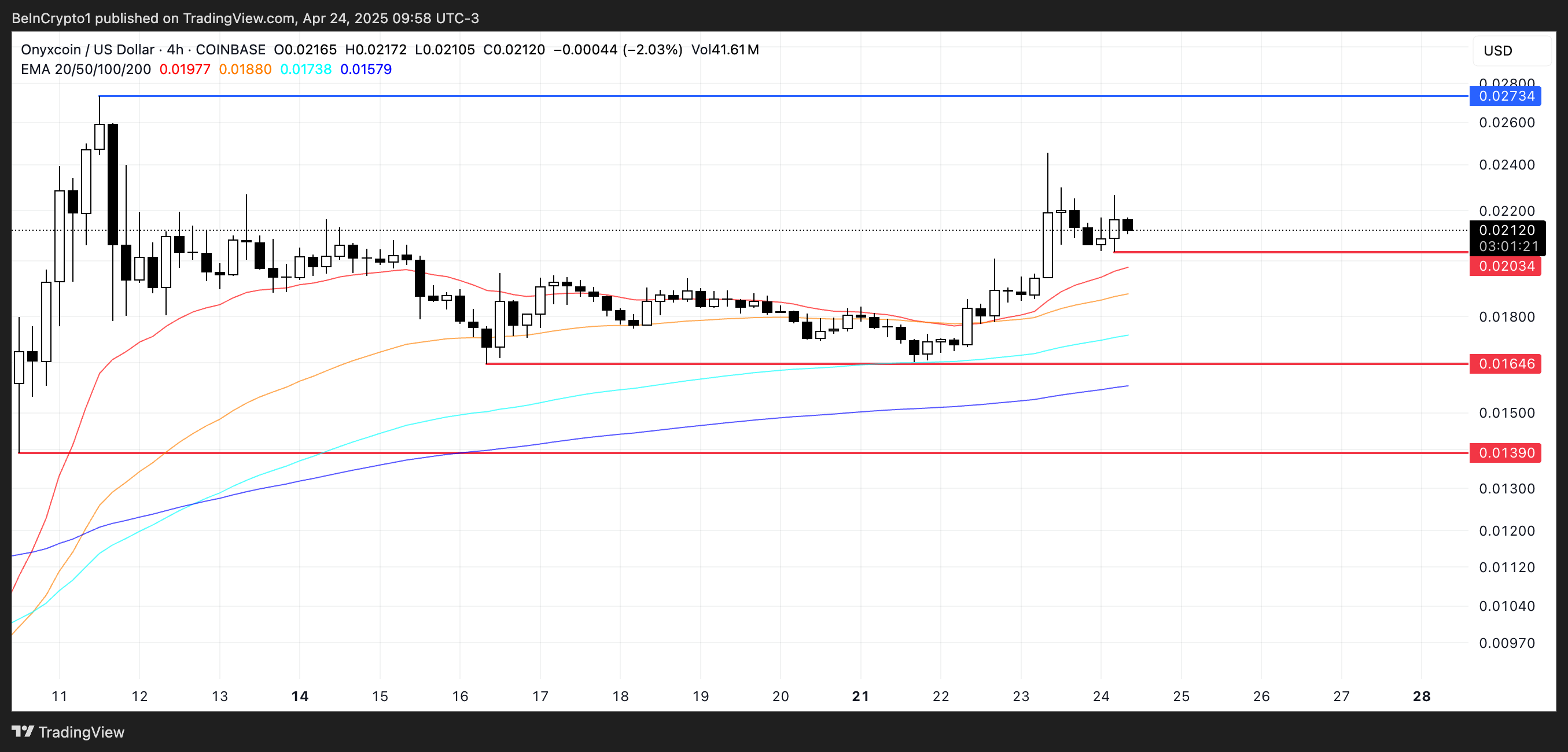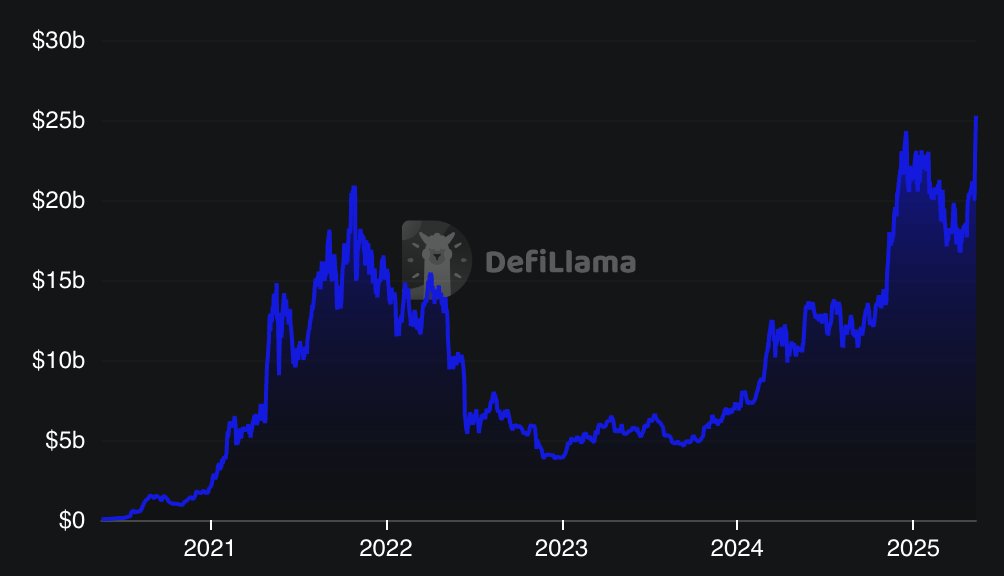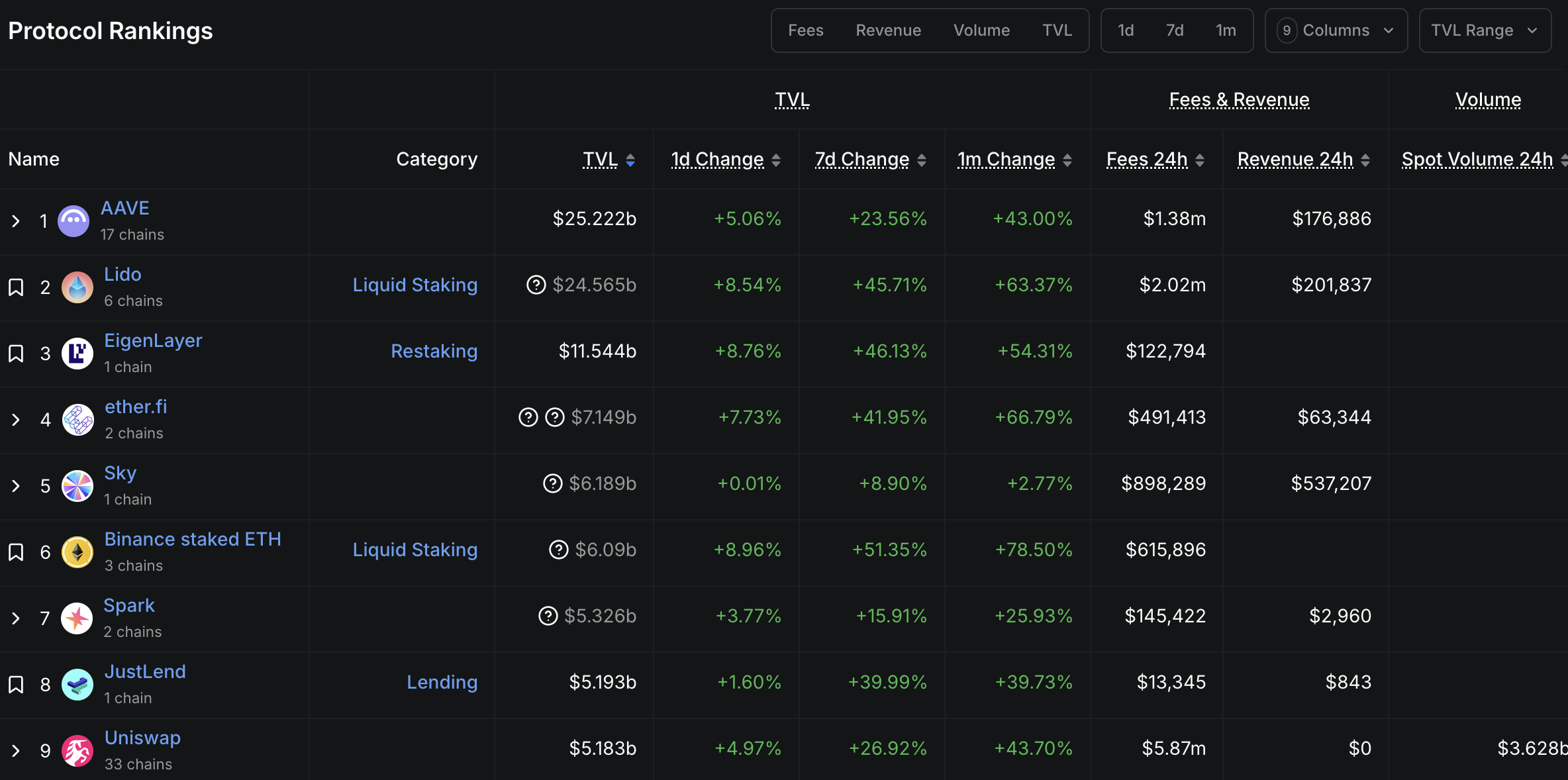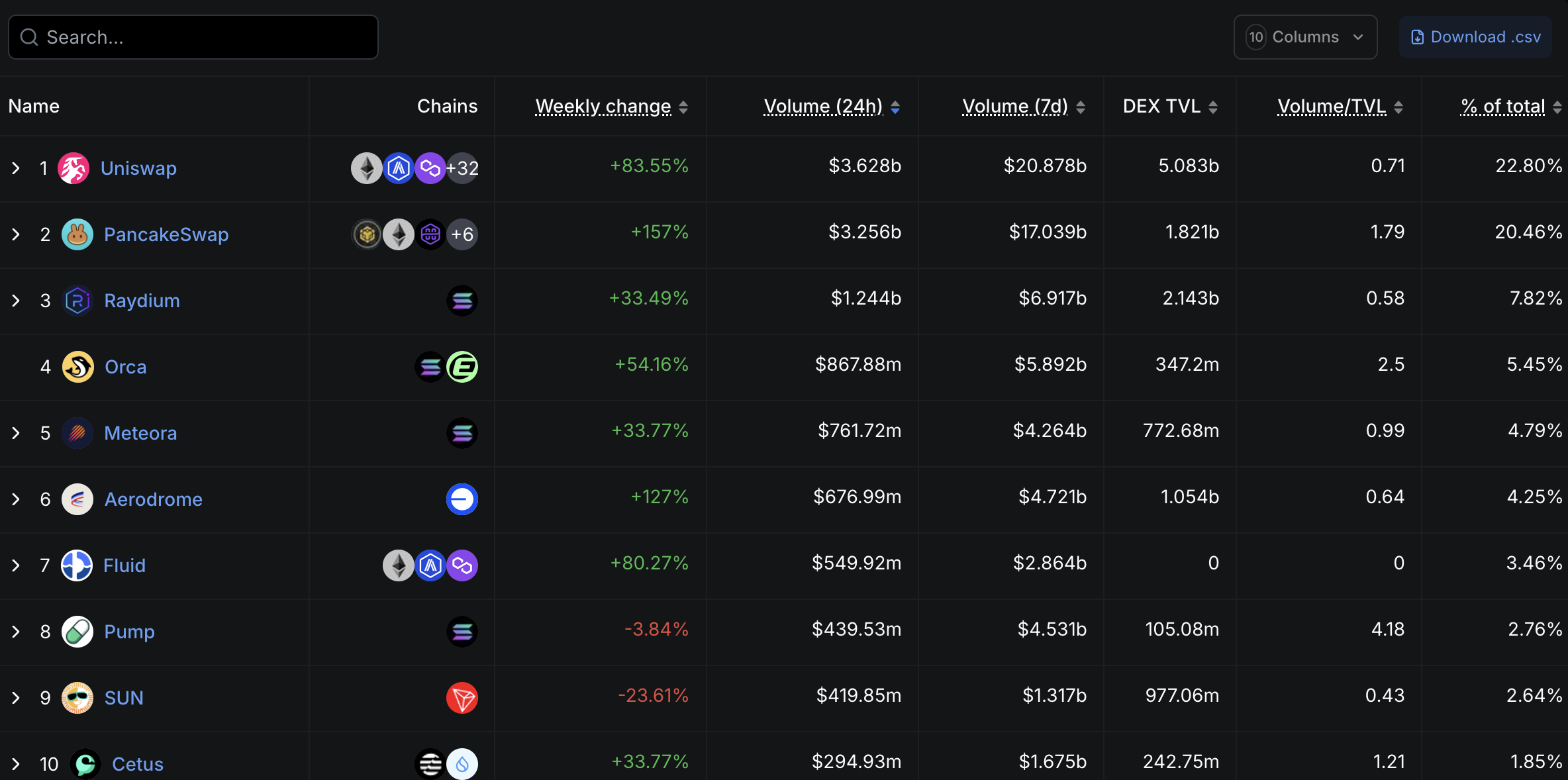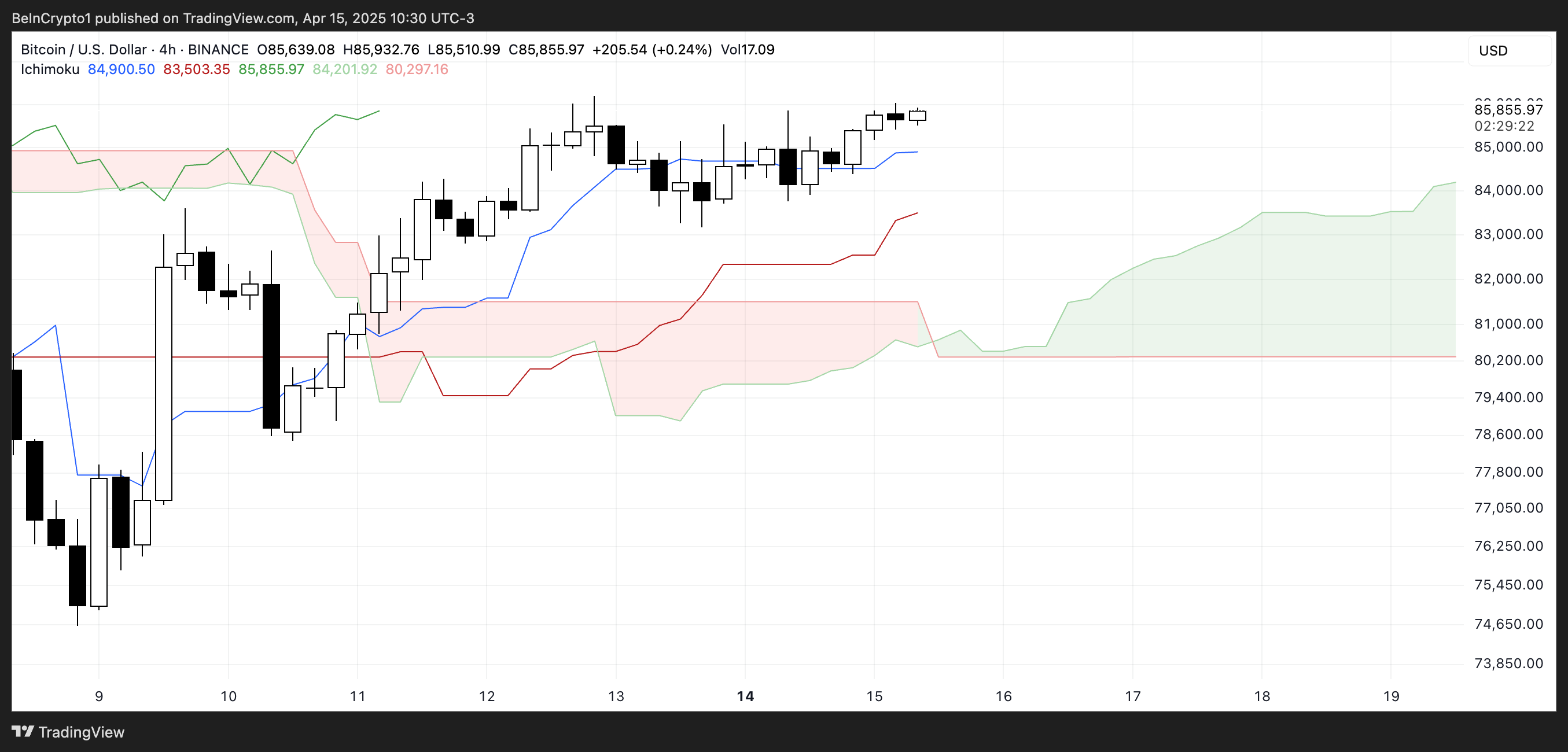VanEck, a leading global investment firm, has announced the launch of its new SUI Exchange-Traded Note (ETN). This innovative product, listed on Euronext Amsterdam and Paris, offers investors a unique opportunity to gain exposure to the burgeoning Sui blockchain without directly holding its native token, SUI.
Sui’s Meteoric Rise
Sui, a high-performance Layer 1 blockchain developed by Mysten Labs, has been making significant strides in the cryptocurrency market. Its recent achievement of $28 billion in decentralized exchange (DEX) trading volume by November 13, 2024, underscores its rapid growth and increasing popularity.
This impressive trading volume, nearly triple that of its competitor Aptos, has fueled speculation about Sui’s potential price surge. If the current bullish trend persists, the blockchain could see its token price soar to $5, representing a substantial gain from its current level of $3.18.
VanEck’s SUI ETN – A Simplified Approach
VanEck’s SUI ETN provides investors with a convenient and regulated way to participate in the growth of the Sui ecosystem. By investing in the ETN, individuals can bypass the complexities of directly holding SUI tokens, such as setting up cryptocurrency wallets and navigating volatile markets.
“Sui’s fast finality of transactions bridges the gap between traditional Web2 and decentralized Web3,” explained Martijn Rozemuller, CEO of VanEck Europe. “The blockchain’s use of the Move programming language, combined with its high-speed transaction processing, makes it an attractive platform for a wide range of applications.”
Risk and Reward
While the SUI ETN offers a simplified approach to investing in Sui, it’s essential to acknowledge the inherent risks associated with cryptocurrencies. VanEck has emphasized the extreme volatility of digital assets and the uncertainty surrounding regulatory frameworks in many jurisdictions.
Despite these risks, the potential rewards for early investors in the Sui ecosystem are significant. The blockchain’s strong technical foundation, coupled with its growing user base and developer community, positions it as a promising player in the future of decentralized finance and Web3.
As Sui continues to gain traction and mature, VanEck’s SUI ETN provides a compelling opportunity for investors to capitalize on the blockchain’s potential upside, while mitigating some of the risks associated with direct token ownership.





